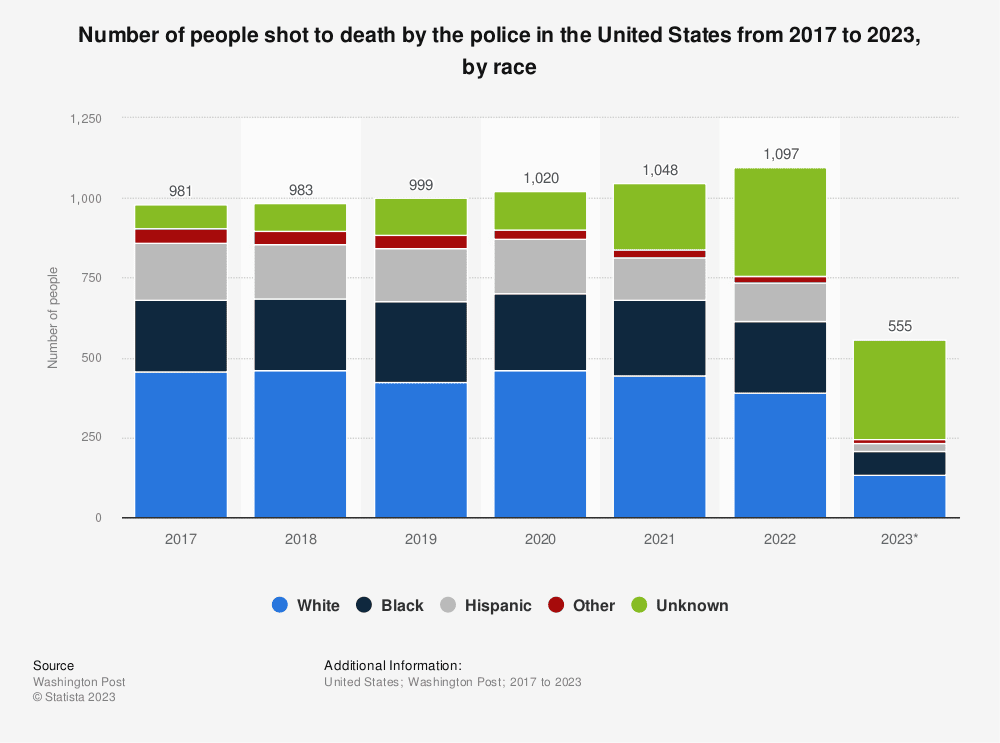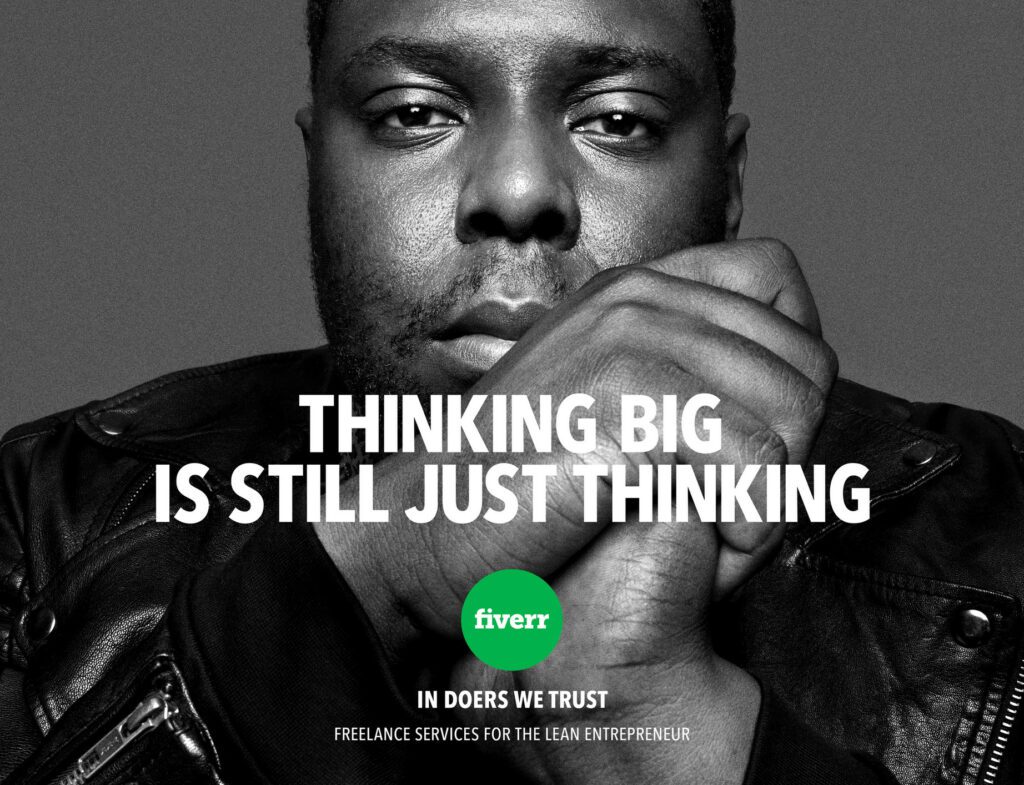The police are supposed to protect and serve the community. As upholders of the law, we expect them to be honest, ethical, and have the public’s best interests in mind. However, the reality is that the police frequently use dishonest tactics and manipulation to secure convictions, even if it means putting innocent people in jail.
As citizens, we need to understand how the police lie, mislead, and coerce people into saying things that will hurt them in court. We should know our rights when dealing with the police, especially the right to have an attorney present during questioning. With knowledge and caution, we can avoid becoming victims of police deception.
The Thin Blue Line: Trust or Betrayal?
The police force is an essential pillar of any society, entrusted with maintaining peace and order. Citizens have been conditioned to believe that the police always act with honesty and integrity. Unfortunately, this may not always be the case. In their pursuit of justice, police officers are often tempted to bend the truth or even outright lie to secure a conviction. This deceptive behavior can lead to wrongful arrests, false accusations, and shattered lives.
The Power of Manipulation
A common tactic employed by some law enforcement officers is the art of manipulation. Whether it’s through persuasive interrogation techniques or fabricating evidence, they have mastered the craft of bending situations to their advantage. Interrogation is a critical stage where manipulation comes into play. Law enforcement officers are trained to use various psychological techniques to extract information or confessions from suspects, often exploiting their vulnerabilities and emotions.
Numbers Don’t Lie – or Do They?
To understand the extent of police deception, let’s examine some statistics. The Innocence Project, a non-profit legal organization, found that in approximately 15% of cases where wrongful convictions were later overturned through DNA evidence, police officers had provided false testimony or coerced witnesses. These alarming numbers highlight the urgent need for reform within the police force and a reevaluation of how they gather and present evidence.
The Interrogation Room: A Battlefield of Words

One of the most critical junctures where deception thrives is the interrogation room. Suspects, often unaware of their rights, are subjected to relentless questioning and psychological pressure. This environment fosters a power imbalance, where the police hold all the cards and can exploit vulnerabilities to their advantage.
The Reid Technique: The Good Cop, Bad Cop’s Dark Cousin
The Reid Technique, a widely used interrogation method, involves isolating the suspect, building rapport, and then using accusatory tactics to elicit a confession. While its proponents argue that it helps solve crimes, critics assert that it is prone to eliciting false confessions from innocent individuals. A report by the National Academy of Sciences found that the Reid Technique can lead to high rates of false confessions, amplifying the importance of having legal representation during questioning.
In addition to the Reid Technique, there are various other tactics used during interrogations, such as the “Mutt and Jeff” technique, where one investigator adopts a friendly and sympathetic approach, while another takes a harsh and confrontational stance. This creates confusion and plays on the suspect’s emotions, making them more susceptible to manipulation.
Police Lie About Having Evidence to Secure Confessions
In the quest for confessions, some police officers resort to making false promises or presenting fabricated evidence. They may claim to have eyewitnesses or forensic data that implicate the suspect, even when no such evidence exists. This deceitful behavior preys on the vulnerability of suspects, often leading them to confess to crimes they did not commit, further perpetuating the cycle of wrongful convictions.
A common police lie is claiming they have evidence conclusively linking the suspect to the crime. For example, they might say:
“We have your fingerprints on the murder weapon. Witnesses saw you fleeing the scene. Our tech guys extracted incriminating texts from your phone. DNA testing confirms it was your blood on the victim. With the evidence we have, you’re going away for life, unless you cooperate.”
This is a completely fabricated story. However, to a terrified suspect, it can sound quite convincing. Some become so anxious about the prospect of doing life in prison, they confess just to avoid harsh punishment.
An especially sinister tactic is showing the suspect fake reports or documents that appear to confirm evidence against them. After being presented with such “proof,” they may feel hopeless and succumb to a confession.
Admitting guilt due to lies about evidence can have catastrophic consequences. That confession becomes the main basis for prosecution, even without physical evidence. It’s incredibly difficult to convince a judge or jury the confession was coerced and false.
This is why we must be wary of police claims about evidence during interrogations. Unless you see proof with your own eyes, assume the police are bluffing.
Here are some examples of how the police have been known to lie:
- In 2014, a man named Michael Brown was shot and killed by a police officer in Ferguson, Missouri. The officer claimed that Brown was charging at him, but eyewitnesses said that Brown was actually surrendering. The officer was eventually acquitted of murder, but many people believe that he lied about what happened.
- In 2015, a woman named Sandra Bland was arrested by a police officer in Texas. The officer claimed that Bland was resisting arrest, but video footage of the arrest showed that she was not resisting. Bland was later found dead in her jail cell, and many people believe that she was murdered.
- In 2020, a man named George Floyd was killed by a police officer in Minneapolis, Minnesota. The officer claimed that Floyd was resisting arrest, but video footage of the arrest showed that Floyd was not resisting. Floyd was pinned to the ground by the officer for over eight minutes, and he died as a result.
These are just a few examples of how the police have been known to lie. It’s important to remember that the police are not always your friend. They may lie to you in order to get what they want. If you are ever questioned by the police, it is important to remember your rights. You have the right to remain silent. You have the right to an attorney. You do not have to answer any questions without an attorney present.
| Year | Event | Police Officer’s Claim | Video Footage Shows |
|---|---|---|---|
| 2014 | Michael Brown Shooting | Brown was charging at the officer | Brown was surrendering |
| 2015 | Sandra Bland Arrest | Bland was resisting arrest | Bland was not resisting arrest |
| 2020 | George Floyd Murder | Floyd was resisting arrest | Floyd was not resisting arrest |

“The police are not always your friend. They may lie to you in order to get what they want. If you are ever questioned by the police, it is important to remember your rights. You have the right to remain silent. You have the right to an attorney. You do not have to answer any questions without an attorney present.”
Unknown
Police Manipulate Friends and Family to Inform on Suspects
Police have many tricks for turning friends and family members against suspects to secure damning information. They may threaten witnesses with criminal charges or prison time if they don’t cooperate as informants. When questioned, the police encourage witnesses to divulge anything that could implicate the suspect, saying it’s in their own best interest.
Investigators also deceive witnesses into thinking the suspect has betrayed them. For example, they might falsely claim the suspect fingered them as an accomplice or spread nasty rumors about them. Out of anger and vengeance, the witness then reveals sensitive information to hurt the suspect’s case.
Young, vulnerable witnesses are particularly subject to manipulation. Children can be intimidated or confused by aggressive police questioning. Teenagers are susceptible to demands from authority figures. Elderly witnesses often want to please officers and may agree with false suggestions or leading questions.
Police also use family members’ emotions against them. They know grief over a murdered loved one or desire for justice after a terrible crime can motivate relatives to share anything that aids the investigation. While understandable, this candor can unintentionally assist prosecutors at the suspect’s expense.
The Deceptive Web: Police and Media Collusion

Another concerning aspect of police deception is the collusion between law enforcement and the media. The symbiotic relationship between these two entities can result in biased reporting and the dissemination of false narratives.
Shaping Public Perception
Police departments have been known to selectively release information to the media, painting a skewed picture of a case that aligns with their version of events. Journalists, eager for exclusive stories, may not question the accuracy of the information provided, inadvertently perpetuating false narratives and shaping public opinion.
In some high-profile cases, law enforcement agencies have been accused of strategically leaking information to the media to influence public perception and sway potential jurors. This tactic can have devastating consequences, as it taints the pool of potential jurors and compromises the defendant’s right to a fair trial.
When the Truth Comes Out
In some cases, when the truth eventually comes to light, the damage has already been done. Innocent individuals who have been wrongfully accused may have their lives irreparably changed due to media coverage that presumed their guilt from the outset. This highlights the need for responsible and critical journalism that challenges official narratives and seeks the truth, rather than serving as a mouthpiece for law enforcement.
Why You Should Never Talk to Police Without a Lawyer
Now that you know the devious tricks police use to exploit suspects and witnesses, it’s clear why you should avoid speaking with them without legal representation. Here are key reasons why you should always invoke your right to have an attorney present:
Anything You Say Can and Will Be Used Against You
The infamous Miranda warning encapsulates a fundamental truth – your words can only harm your case, not help it. Police are building a case against you. Even explaining your innocence can provide information leading to your conviction. Let your lawyer do the talking.
Police Can Lie, Your Lawyer Can’t
As you’ve learned, the police frequently lie about evidence, promises of leniency, and more. Your lawyer is bound by ethics to be truthful when defending you. You also enjoy attorney-client confidentiality. Talking to your lawyer cannot be used against you.
Lawyers Know How to Assert Your Rights
Most citizens are ignorant about constitutional rights like the right to remain silent. Your attorney is an expert on these matters. They will ensure police don’t violate your rights or exploit legal loopholes to jeopardize your case.
False Confessions are Common and Hard to Undo
Research shows 15-25% of wrongful convictions involve false confessions obtained through police pressure tactics. Once you confess, it’s nearly impossible to undo the damage – judges and juries put immense faith in confessions as the “gold standard” of evidence, even when coerced. Don’t admit to anything before consulting your lawyer.
Talking to the police without counsel present is like wandering through a minefield blindfolded. You never know what misstep could ruin your life. Assert your right to legal representation so you have an expert to guide you safely through the police interrogation process.
A Call to Action: Know Your Rights

In light of the disturbing prevalence of police deception, it is crucial for individuals to be aware of their rights and exercise caution when interacting with law enforcement. Understanding your rights can be empowering and can protect you from falling victim to manipulative tactics.
When faced with police questioning, it is essential to remember that you have the right to remain silent and the right to legal representation. Never feel pressured to answer questions without a lawyer present. Police officers may use various tricks to get you to talk, but knowing your rights can prevent you from inadvertently incriminating yourself.
As promised, we have a valuable internal link that perfectly complements this topic:
Why You Should Never Talk to the Police Without a Lawyer Present
This article explains why it is essential never to speak to the police without legal representation. Even if you believe you have nothing to hide, any information you provide could be used against you in ways you may not anticipate.
Bottom Line: Think Carefully Before Speaking with Police
The next time you find yourself being questioned by the police, remember how much is at stake. Every word you utter can be twisted and used to construct a criminal case against you. Remain calm, say you wish to invoke your right to have an attorney present, and do not answer any substantive questions.
While portrayals of “good cop” detectives seeking truth and justice makes for great entertainment, the reality is much more complex. Police are inherently biased once they suspect you of a crime. Their primary objective is to close cases and secure convictions – not uphold justice at any cost.
Trusting the police to look out for your best interests is naive. Protect yourself by refusing to speak without a lawyer present. The police do not have your best interests in mind – your attorney does.
References:
- Police Deception in Interrogation as a Problem of Procedural Legitimacy
- The Innocence Project – False Confessions
- The Reid Interrogation Technique and False Confessions: A Time for Change
- Media reckons with a history of collusion with law enforcement
- The Reid Technique – Understanding the Process
- How Does the Media Impact a Criminal Court Case?















































